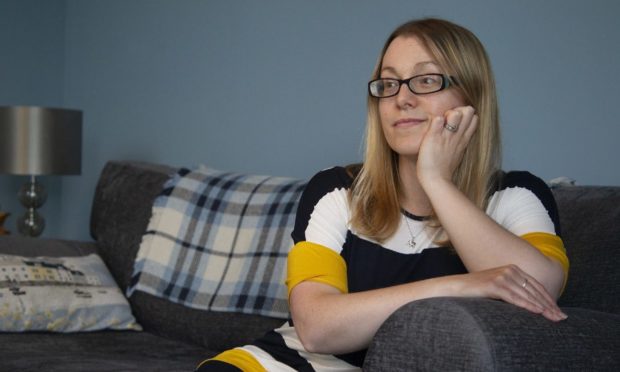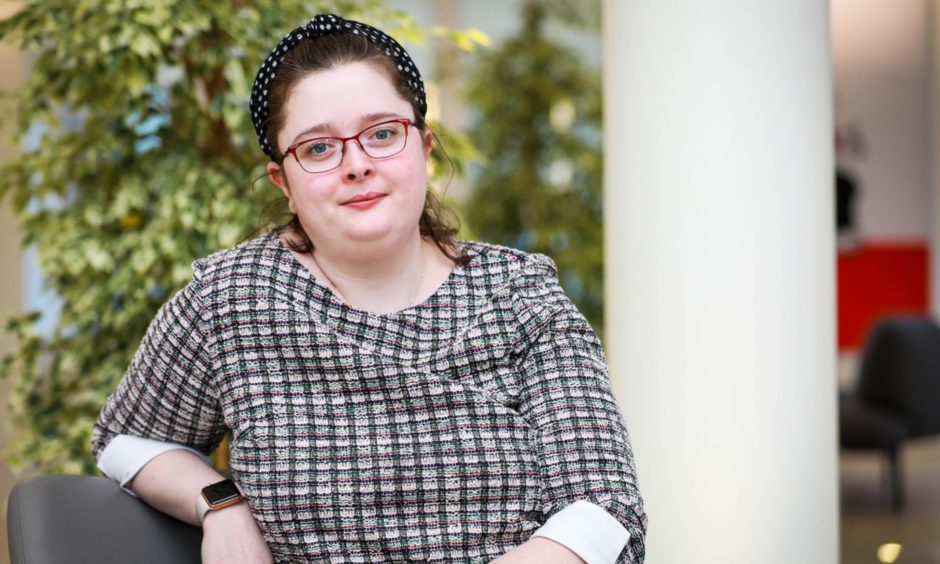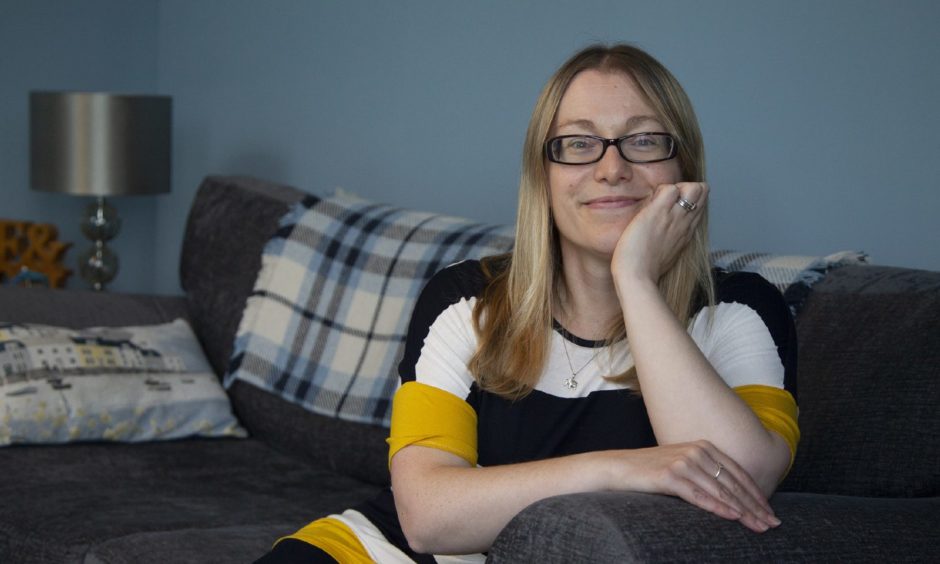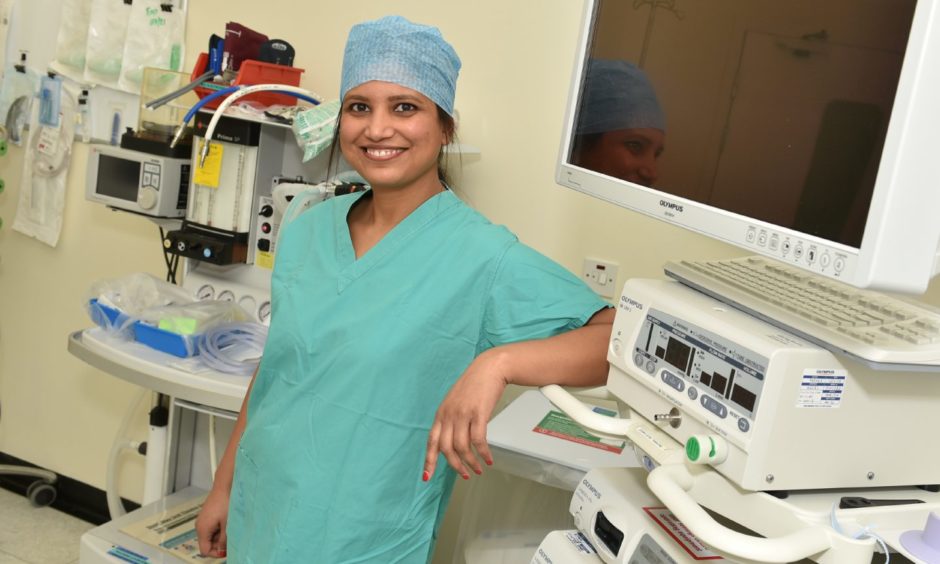Endometriosis sufferers say they hope the Scottish Government’s women’s health plan will help those “suffering in silence” access support.
First Minister Nicola Sturgeon has committed to deliver the plan within her administration’s first 100 days in power.
The Scottish Government has confirmed the plan, which has been in development for the last 18 months, will be published by August 25.
The BBC has seen a draft which includes provision of specialist menopause services and better access to diagnosis and treatment for endometriosis.
Improved access to information on menstrual health and contraception is understood to be another key recommendation contained within the report.
‘More education for women’s health’
Emma Adam, from Hilton, just north of Inverness, is one of the women who shared her personal battle living with endometriosis as part of our series on the condition.
The 30-year-old suffered from heavy, debilitating symptoms throughout her teens but it was only when she turned 19 that she received an official diagnosis.
Reacting to the government’s draft plan, she said: “As a sufferer I think it’s great that there is a recommendation for better access to diagnosis and treatment for endometriosis happening at a government level.
“Do I think we should have done something so we’re not having to live in agonising pain for seven to eight years before now? Yes.
“But I have learned not to be bitter with this disease as it does not help anything, any education or improvement can help and there are still thousands, millions even, of women out there who will benefit from this.
“We need more education in schools and across the board in general for women’s health and better access to information on menstrual health so this can only be a good thing.”
‘Greater awareness’
Vicky Chapman, from Arbroath, sits on the Scottish Government’s endometriosis collaborative forum, and has been helping to feed into an action plan for treating the condition going forward.
The 32-year-old hopes having the government’s backing on women’s health issues such as endometriosis could mean “more funding and more research” for the condition.
“In terms of education, I was only diagnosed at 29 but I started my periods at 11 and I’d never heard the word endometriosis before so I feel like if I’d had the education when I was at school, I might have known sooner that what I was going through wasn’t normal”, Vicky said.
“In turn that would impact diagnosis times.
“Having a greater awareness of it at a government level means hopefully people who are suffering in silence will be able to access support that they maybe didn’t know was available before.
“At the end of the day living with endometriosis can be a very isolating place.”
‘Discrimination taking place at all levels’
Dr Lucky Saraswat, consultant gynaecologist at Aberdeen Royal Infirmary, told the BBC the draft report highlights that “for a long time women’s health services have been under-funded and under-resourced”.
She added: “This health plan is really timely, not just to address problems and issues that are unique to women but also to address health inequalities which are so systemic in the healthcare system.
“I think discrimination is taking place at all levels. It is about access to services, it is about being treated differently for the same conditions, such as heart disease, and one of the prime reasons is because there is a significant data gap in medical research which contributes to health inequalities.
“Most of our understanding of disease processes come from research which has been done on men alone.”
A Scottish Government spokeswoman said the women’s health plan, which is still being finalised, will be published by August 25.
Speaking in the Scottish Parliament in June, women’s health minister Maree Todd said the plan will “reduce avoidable inequalities in health outcomes for women throughout their lives.”



